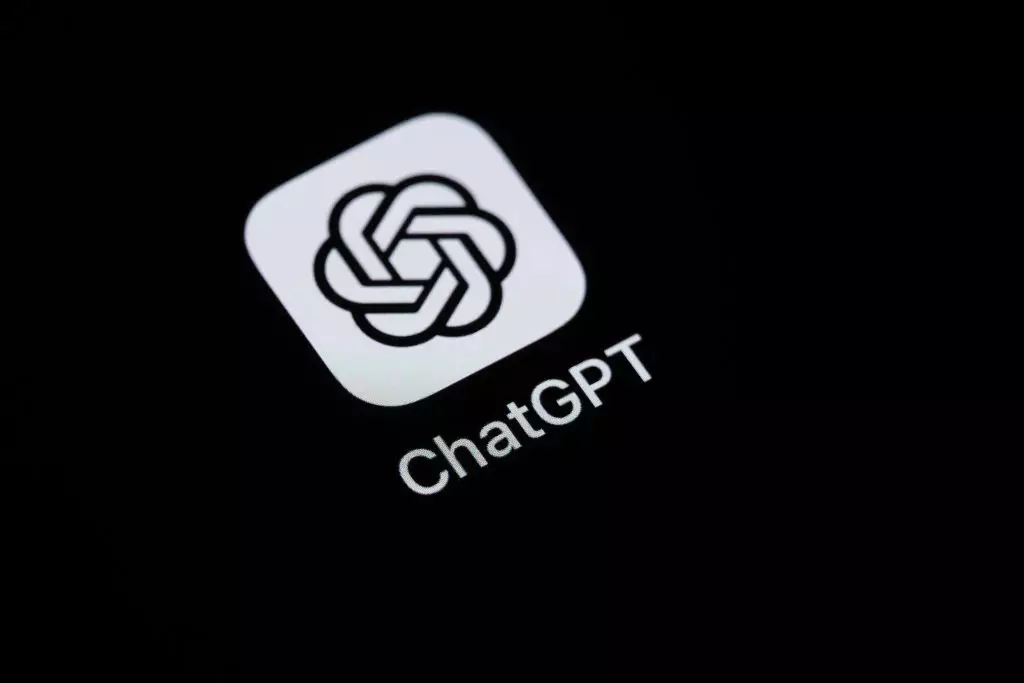OpenAI’s ChatGPT search feature is witnessing explosive growth across Europe, reshaping the landscape of online search. According to a recent report from OpenAI Ireland Limited, the service boasted an impressive average of 41.3 million monthly active users for the six months ending March 31, 2025. This figure marks a stunning rise from approximately 11.2 million users in the previous reporting period, underscoring a rapidly evolving digital narrative. This surge not only signifies increased user adoption but also highlights a critical shift in consumer behavior favoring AI-driven technologies over traditional search engines.
In a world inundated with information, ChatGPT’s ability to offer immediate, conversational, and contextually aware responses is carving a significant niche for itself. As users become more accustomed to nuanced interactions, the appeal of a chatbot that integrates real-time web data inevitably becomes more pronounced. This transition aligns with an overarching trend in digital services— users are no longer satisfied with static content; they crave dynamic engagement.
Navigating Regulatory Waters
The growth of ChatGPT is not occurring in a vacuum. Compliance with the European Union’s Digital Services Act (DSA) plays a critical role in shaping its operational framework. Under the DSA, online platforms are tasked with additional responsibilities, particularly those with more than 45 million active users. Consequently, ChatGPT may soon be required to implement mechanisms allowing users to opt out of recommendation systems and engage in data sharing with researchers and regulatory bodies.
These regulations aim to fortify user rights and enhance transparency, ensuring that platforms are held accountable for their operations. While such oversight is essential for consumer protection, it also presents challenges. Platforms that fail to comply face harsh penalties, including significant fines that could threaten their global operations. This scenario accentuates a delicate balance between innovation and regulation in the digital space.
Competing with Established Giants
Despite its meteoric rise, ChatGPT faces stiff competition from established search engines like Google. Polls have indicated that 8% of users prefer ChatGPT as their primary search tool, but the dominance of Google remains unassailable; estimates suggest that Google processes 373 times more searches than ChatGPT. This disparity underscores not only the entrenched nature of Google’s infrastructure but also the ongoing challenges that AI search solutions face concerning reliability and trustworthiness.
Research indicates that, while ChatGPT offers exciting potential, it does fall short of conventional search engines in certain contexts. Users often encounter inconsistencies, particularly when seeking factual or data-intensive information. This raises questions about the trustworthiness of AI-generated responses, particularly as public reliance on such tools increases.
The Future of AI-Driven Search
As the appetite for innovative digital solutions grows, the future of AI-driven search feels both promising and precarious. OpenAI’s continued evolution of ChatGPT will likely dictate its effectiveness in capturing more significant market share and will signal a trend toward personalized, conversational search experiences. However, the challenge remains to provide reliable and consistent information while navigating regulatory landscapes that are increasingly complex.
In sum, ChatGPT’s rise is a testament to the evolving expectations of users in the digital age, as they begin to prioritize engagement and immediate access to information over traditional, static approaches. As it stands at this critical juncture, the balance between innovation and regulatory compliance will dictate the future trajectory of AI-powered search technologies.

